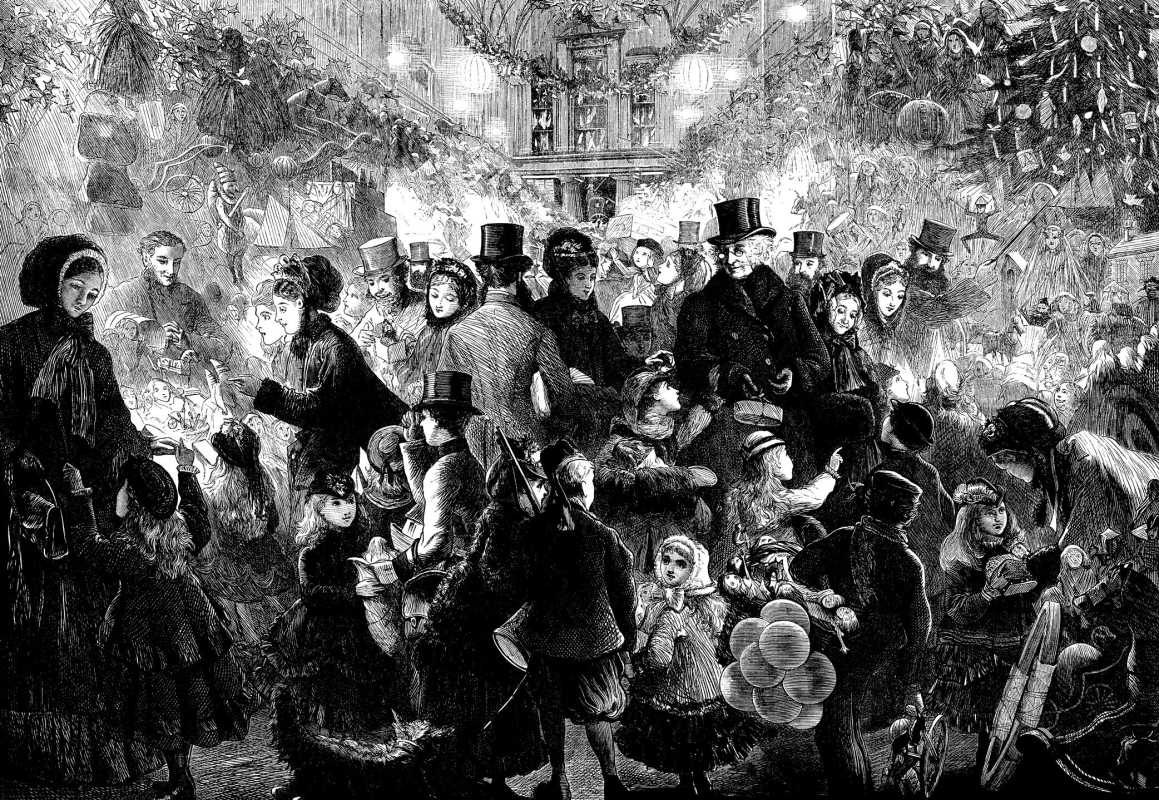World
The Origins of Boxing Day: A Tradition Rooted in History

Boxing Day, a widely celebrated holiday observed on December 26th in several countries, has a history that spans centuries. This tradition, primarily found in countries with ties to the British Empire, holds a significant place in the cultural fabric of nations including Canada, Australia, and New Zealand.
Originating in Britain during the Middle Ages, Boxing Day was a custom created as a way for the wealthy to show gratitude towards their servants and the less fortunate. It was customary for employers to give their staff and workers a ‘Christmas box’ containing gifts, money, or leftover food as a token of appreciation for their year-round efforts.
In modern times, Boxing Day has evolved beyond its original purpose. It has become a public holiday, allowing people to spend time with family and friends, engage in various activities and sports, and take advantage of irresistible sales and discounts offered by retailers. It has also gained recognition as a day of giving back, with many charitable organizations organizing events and fundraisers.
While Boxing Day is not recognized as a public holiday in the United States, its essence can be felt through similar traditions such as the ‘Day After Christmas Sales.’ These sales mirror the renowned Boxing Day sales seen in Commonwealth countries, where eager shoppers line up outside stores early in the morning to score the best deals.
Overall, Boxing Day serves as a link to the past, reminding us of the significance of gratitude, generosity, and the spirit of giving. As it continues to be celebrated across the globe, this cherished holiday remains an integral part of the holiday season, fostering a sense of unity and joy among communities worldwide.












